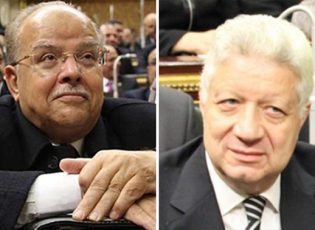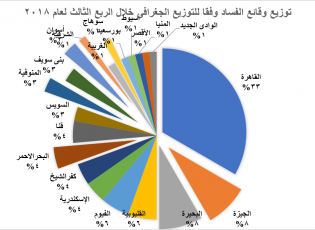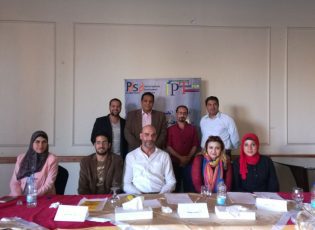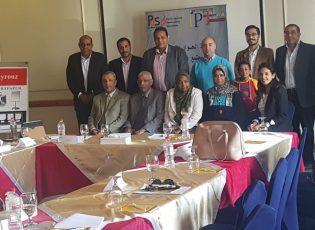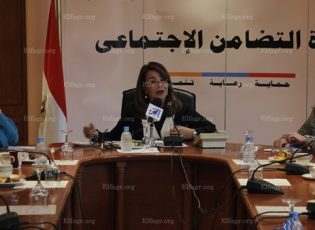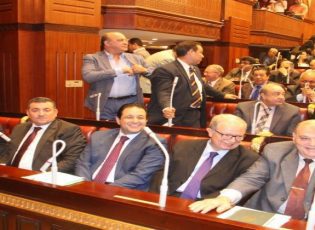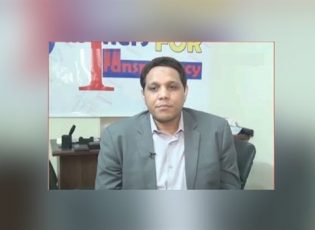Local human rights organizations announced their readiness to communicate with the Human Rights Committee in the Egyptian Parliament to urge them to include civil society organizations in the committee's discussions about all laws related to human rights and civil work, especially the National Council for Human Rights law, which was put forward for discussion by the head of the committee before Days, and the organizations stressed the need for the law to include activating the Council and enabling it to carry out its work tasks, in addition to ensuring its independence in accordance with the Paris Principles, as well as stipulating that organizations have the right to participate in the Council in prison visits, and that their names be transformed into visits by human rights missions that include representatives of civil work and under Sponsoring the council instead of its current status as council visits to prisons.
For his part, Ayman Aqeel, president of the Maat Foundation for Peace, Development and Human Rights stressed the need for the new law to include the texts of the Paris Principles, especially with regard to guarantees of the independence of the Council, especially since the Council, in its current formation, does not comply with those principles, and the Council receives funds Foreigners, such as human rights organizations, to implement activities and projects in addition to obtaining part of the state budget, but they have no effect.
Aqeel added, in statements to Al-Bawaba, that the formations and the selection of members of the National Council for Human Rights are made according to political whims. In the same context, Dr. Walaa Jad Al-Karim, president of the Partners for Transparency Foundation, said that the new law of the National Council for Human Rights must include what sets controls for the relationship between the Council and civil organizations so that they are more institutional, and to achieve this, the law must emphasize the appropriate and appropriate representation of organizations Civil society within the formation of the Council in a way that reflects its real weight and away from personal and paralytic considerations, and that the relationship between the Council and organizations is subject to considerations of respect between the two parties and the appreciation of the value of each party, because the Council in its current form deals with organizations as the official sponsor of the organizations, and it does not have what qualifies it for that in present time.
He stressed the need to end the idea of the “Anfar contractor” of the council’s management, and the third axis in this vision is the need to involve human rights organizations in the council’s work, including the preparation and issuance of the council’s annual report on the status of human rights, as well as its involvement in prison visits, as well as issues related to fact-finding about problems. And proposals of laws that the Council presents to the government.
In statements to Al-Bawaba, Jad Al-Karim stressed the need for the new law to transform prison visits from visits by the council to visits by human rights missions that include representatives of civil society and representatives of the council from among its members and researchers and be sponsored by the National Council for Human Rights.
Short link: https://pfort.org/en/?p=1237


